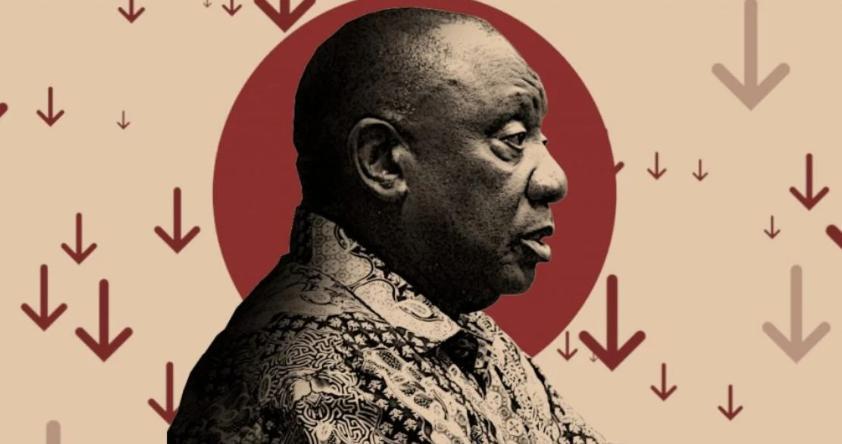Africa-Press – South-Africa. Business confidence in South Africa sank in the second quarter of 2025, keeping the business mood squarely in negative territory.
The latest RMB/BER Business Confidence index (BCI) declined by five points to 40 in Q2, stalling the recovery that started in the first half of 2024.
According to the Bureau for Economic Research (BER), this implies that only 40% of businesses in the country are satisfied with current conditions in the country.
“The majority of the respondents are pessimistic about trading conditions. While remaining above the average of 2023 and 2024, confidence is now a touch below the long-term average level,” it said.
Isaah Mhlanga, chief economist at RMB, warned that the latest survey results point to a loss of momentum in the economy, which started showing improvements following the May 2024 national elections.
The second quarter survey took place from 7 to 26 May 2025, with the bulk of responses received early in the suvery period.
This period contained a lot of uncertainty and tension tied to the diplomatic relations between the US and South Africa, and some of the optimism in global markets after the US trade tariffs were paused in April.
Despite the latter bringing some ease, global trade uncertainty and continued local logistical issues were flagged by respondents as factors negatively impacting their businesses, the BER said.
The rand exchange rate experienced a volatile quarter, weakening past R19.90/$ early in April but clawing its way back to below R18/$ during the survey period.
“On the local front, respondents would have known that the contentious proposed VAT hike was off the table, but many questionnaires were returned before the tabling of Budget 3.0 on 21 May,” the group said.
“News around the Government of National Unity (GNU), and the DA’s continued participation in it, was mixed over the time period, with fears of an imminent collapse easing a little through May.”
Warning lights growing brighter
Isaah Mhlanga, chief economist at RMB
While overall confidence was down, not every sector was as pessimistic. Notably, wholesale traders saw their index score jump to 50—the only sector to rise.
This was due to a more supportive macroeconomic environment for consumers, thanks to lower interest rates, low inflation, and payouts from the two-pot system.
However, the BER noted that even within this sector, there were contrasting stories: non-consumer trade fared better than consumer goods, the lattter reflecting continued strain on households despite the supportive environment.
The economists said that the “warning lights are certainly flickering brighter”, given that all other sectors saw confidence drop.
“The….sub-sector decline suggests that momentum in overall economic activity slowed down,” said Mhlanga.
Following the meagre 0.1% quarter-on-quarter GDP growth rate recorded in the first quarter of 2025 this week, South Africa risks stalling altogether.
“We cannot risk losing any further momentum,” he said.
Worryingly, while forwardlooking indicators remained positive in the first quarter, these also soured during the second quarter.
The BER noted that the reduction in the repo rate will provide some relief, but more is needed to reignite the spark in the South African economy.
One positive is that there is arguably more certainty on the local political front, with Budget 3.0 tabled and broad agreement among GNU partners to continue working together for now.
However, the global environment will remain uncertain. An easing of tension regarding diplomatic relations between the US and South Africa would support sentiment, but there are still doubts about where this will go.
“The core of South Africa’s long-term economic recovery and resilience remains faster implementation of structural economic reforms,” the BER said.
“Without these reforms, the economy will remain vulnerable to global economic shocks and too slow to reduce the social ills that burden many with unemployment, poverty, and inequality.”
The group said the launch of the second phase of Operation Vulindlela shows that the government remains committed to economic transformation through economic reforms, but implementation remains a hurdle.
For More News And Analysis About South-Africa Follow Africa-Press






